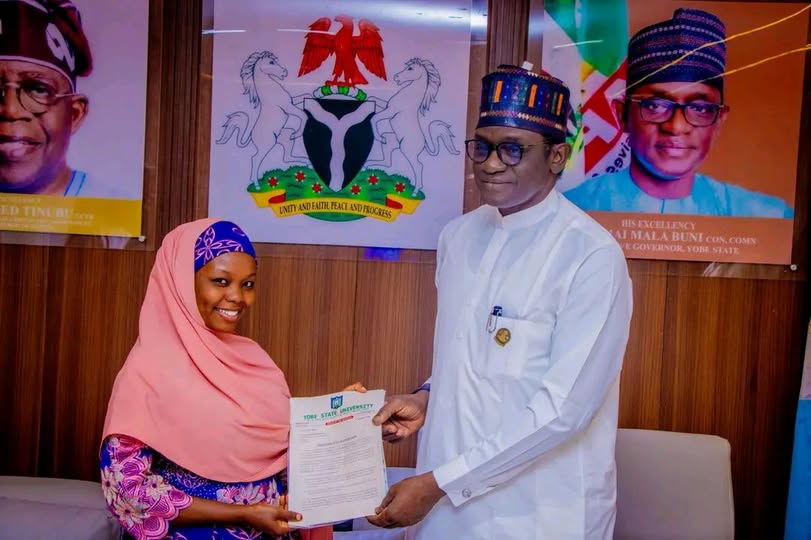In a bold move to address youth unemployment and accelerate climate action, the Oando Foundation, in partnership with the Nigeria Climate Innovation Centre (NCIC) has launched the Green Youth Upskilling Programme (GYUP), a hands-on initiative designed to equip young Nigerians with critical technical and entrepreneurial skills in renewable energy and sustainable waste management.
The programme, officially unveiled yesterday at the Radisson Blu Anchorage Hotel in Lagos, is structured to bridge identified technical skill gaps in Nigeria’s growing green economy and create a pipeline of locally trained talents to meet the demands of climate-smart industries.
Speaking at the event, Head of the Oando Foundation, Tonia Uduimoh, described the initiative as a strategic response to two pressing national challenges, which are youth unemployment and climate vulnerability.
Citing data from the National Bureau of Statistics, she noted that 12.5 per cent of Nigerian youth aged 15 to 24 are currently not in education, employment, or training, even as projections by the International Labour Organisation suggest that the green economy could generate over two million jobs in the country by 2030.
She said: “Over the next nine months, 25 outstanding young Nigerians, selected from over 8,000 applicants, will receive hands-on training, mentorship, and seed funding to explore climate-smart businesses and projects. These Green Champions were chosen not just for their passion but for their potential to shape the future of Nigeria’s circular economy.”
Uduimoh said the programme aligns with the PLANET component of the Foundation’s LEARNOVATE strategy, which focuses on fostering equitable, quality, and climate-sensitive education and skills development. According to her, the programme is designed not just to train but to transform participants into local experts and job creators who can deliver real-world solutions to environmental and economic challenges.
The Chief Executive Officer of NCIC, Bankole Oloruntoba, said the programme was developed over two years of strategic engagement aimed at building a sustainable model for green job creation.
He noted that while Nigeria’s climate economy offers vast opportunities, progress is often hindered by the shortage of technical skills needed to service the sector.
Oloruntoba explained: “For us to build a thriving green economy, we must address the technical skill gap that exists between the vision and the reality of sustainable businesses. This programme is not just about awareness. It’s about execution, about building young professionals who can service, repair, install, and innovate within the renewable energy and circular economy value chains.”
Oloruntoba stated that the GYUP is built around three phases: sector mapping and stakeholder engagement; training and apprenticeship; and a grant support scheme for outstanding participants. He explained that the programme’s primary focus is on technical training, complemented by soft skills and entrepreneurship development to ensure participants are well-rounded and business-ready.
He adds: “We want to see 25 functional green enterprises launched from this cohort. By the end of this programme, 10 youth-led businesses will receive catalytic funding, and all participants will have completed apprenticeships designed to give them real-world exposure and industry insights.”
He encouraged participants to think beyond training and see themselves as future consultants, service providers, and job creators.
“This is your opportunity to learn, innovate, and lead. Your success will not only define your future but will also shape the narrative of Nigeria’s green economy,” Oloruntoba added.






